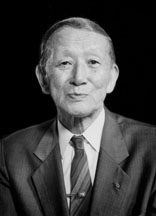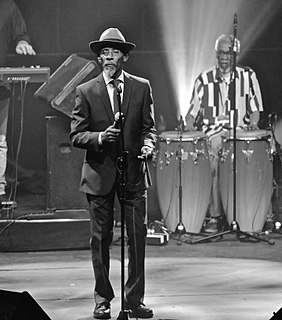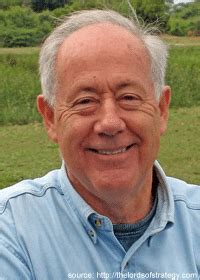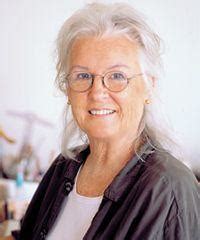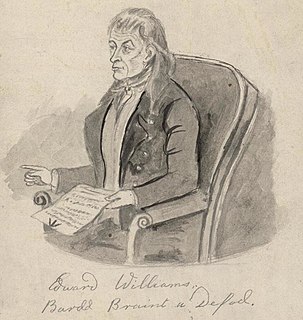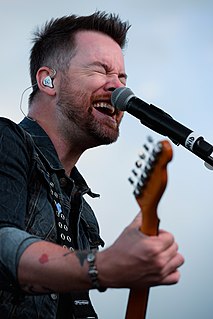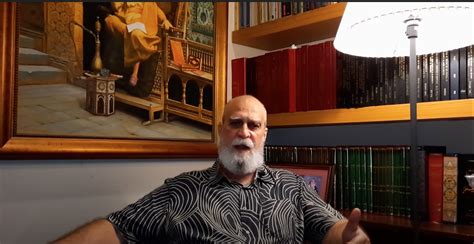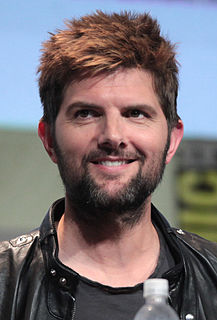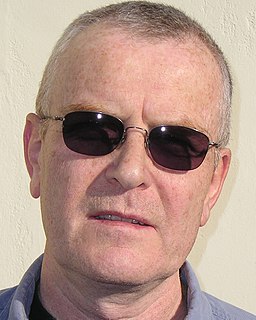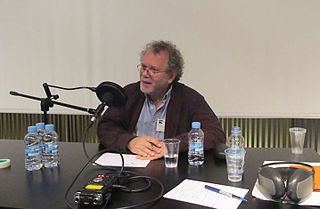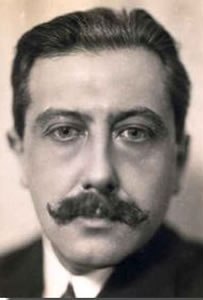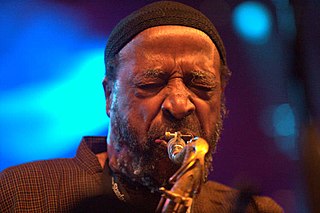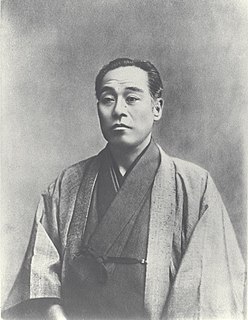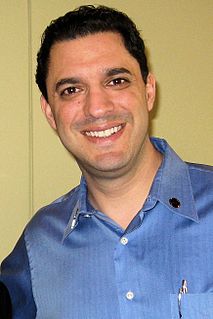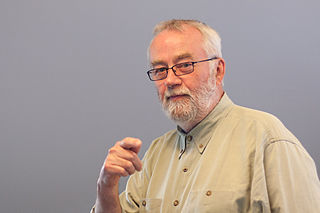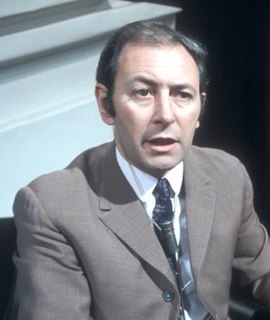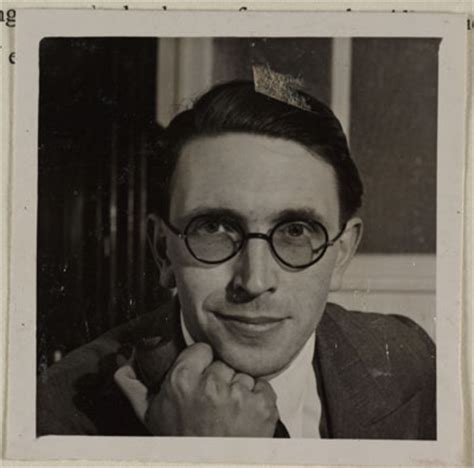Top 1200 Knowledge Experience Quotes & Sayings - Page 17
Explore popular Knowledge Experience quotes.
Last updated on April 21, 2025.
One of the finest beliefs I developed years ago that helped me to enjoy all of my life experience was the idea that there are no bad experiences, that no matter what I go through in life - whether it's a challenging experience or a pleasurable one - every experience provides me something of value if I look for it.
The production of knowledge in schools today is instrumental, wedded to objective outcomes, privatized, and is largely geared to produce consuming subjects. The organizational structures that make such knowledge possible enact serious costs on any viable notion of critical education and critical pedagogy. Teachers are deskilled, largely reduced to teaching for the test, business culture organizes the governance structures of schooling, knowledge is viewed as a commodity, and students are treated reductively as both consumers and workers.
All living beings have experience of pleasure and pain, and we are among them. What makes human beings different is that we have a powerful intelligence and a much greater ability to achieve happiness and avoid suffering. Real happiness and friendship come not from money or even knowledge, but from warm-heartednes s. Once we recognize this we will be more inclined to cultivate it.
....the popular music of Jamaica, the music of the people, is an essentially experiential music, not merely in the sense that the people experience the music, but also in the sense that the music is true to the historical experience, that the music reflects the historical experience. It is the spiritual expression of the historical experience of the Afro-Jamaican.
Whenever there is a reaching down into innermost experience, into the nucleus of personality, most people are overcome by fear and many run away. . . The risk of inner experience, the adventure of the spirit, is in any case alien to most human beings. The possibility that such experience might have psychic reality is anathema to them.
Grant, Goddess, thy protection, And in protection, strength, And in strength, understanding, And in understanding, knowledge, And in knowledge the knowledge of justice, And in the knowledge of justice, the love of it, And in that love, the love of all existences, And in the love of all existences, the love of Goddess and all goodness.
One of the most sublime and hazardous moments in human experience comes when two people lock eyes and realize that they are sexually attracted to one another. They may not act on the knowledge.They may file it away for future reference. They may deny it. They may never see each other again. But the moment has happened, and for an instant all other considerations are insignificant.
It's hard for writers to get on with their work if they are convinced that they owe a concrete debt to experience and cannot allow themselves the privilege of ranging freely through social classes and professional specialties. A certain pride in their own experience, perhaps a sense of the property rights of others in their experience, holds them back.
The most effectual means of preventing the perversion of power into tyranny are to illuminate, as far as practicable, the minds of the people at large, and more especially to give them knowledge of those facts which history exhibits, that possessed thereby of the experience of other ages and countries, they may be enabled to know ambition under all its shapes, and prompt to exert their natural powers to defeat its purposes.
Human existence is a brutal experience to me... it's a brutal, meaningless experience - an agonizing, meaningless experience with some oases, delight, some charm and peace, but these are just small oases. Overall, it is a brutal, terrible experience, and so it salvation is what can you do to alleviate the agony of the human condition, the human predicament? That is what interests me the most.
And I can see that everything about this God has been purposely designed to poison our experience of life on earth, not to enhance it, to keep us fearful, to suppress knowledge, to curtail freedom and creativity, and to celebrate death. It's nothing less than the sanctified dumbing-down of the human race. And demanding respect for it is frankly an insult that deserves to be repaid with considerable interest.
About 70% of what I've written about is centered on the clashes and conformities between the emerging life and physical sciences and older metaphysical frameworks in the 17th and 18th centuries. The other 30% consists of one-off essays or researches into other intriguing contemporary topics such as visual experience, aesthetics, social justice issues, and the epistemology of moral knowledge.
The fact that the patients were complex human beings with a rich life beyond the hospital never really sank into the consciousness of the residents. Because they had no rich lives beyond the hospital, they assumed no one else did, either. In the end, what they lacked was not medical knowledge but ordinary life experience.
In its broad sense, civilization means not only comfort in daily necessities but also the refining of knowledge and the cultivation of virtue so as to elevate human life to a higher plane... It refers to the attainment of both material well-being and the elevation of the human spirit, [but] since what produces man's well-being and refinement is knowledge and virtue, civilization ultimately means the progress of man's knowledge and virtue.
I have learned things from the game. Much of my knowledge of locations in Britain and Europe comes not from school, but from away games or the sports pages, and hooliganism has given me both a taste for sociology and a degree of fieldwork experience. I have learned the value of investing time and emotion in things I cannot control, and of belonging to a community whose aspirations I share completely and uncritically.
For successful education there must always be a certain freshness in the knowledge dealt with. It must be either new in itself or invested with some novelty of application to the new world of new times. Knowledge does not keep any better than fish. You may be dealing with knowledge of the old species, with some old truth; but somehow it must come to the students, as it were, just drawn out of the sea and with the freshness of its immediate importance.
I'm not a huge fan of 3-D, though. Honestly, I think that movies are an immersive experience and an audience experience. There's nothing like seeing a film with 500 people in a theater. And there's something about putting on 3-D glasses that makes it a very singular experience for me. Suddenly I'm not connected to the audience anymore.
I think it's important to experience kindness so that you can experience it more in the future. I believe that patterns of emotional behavior are set down before adolescence. And I think that if you have not observed kindness, you will not recognize it. You have to experience kindness in order to be kind.
For two minutes a day, think of one positive experience that's occurred during the past 24 hours. Bullet point each detail you can remember. It works, because the brain can't tell the difference between visualization and actual experience. So you've just doubled the most meaningful experience in your brain.
How is the mind which functions on knowledge how is the brain which is recording all the time to end, to see the importance of recording and not let it move in any other direction? Very simply: you insult me, you hurt me, by word, gesture, by an actual act; that leaves a mark on the brain which is memory. That memory is knowledge, that knowledge is going to interfere in my meeting you next time obviously.
